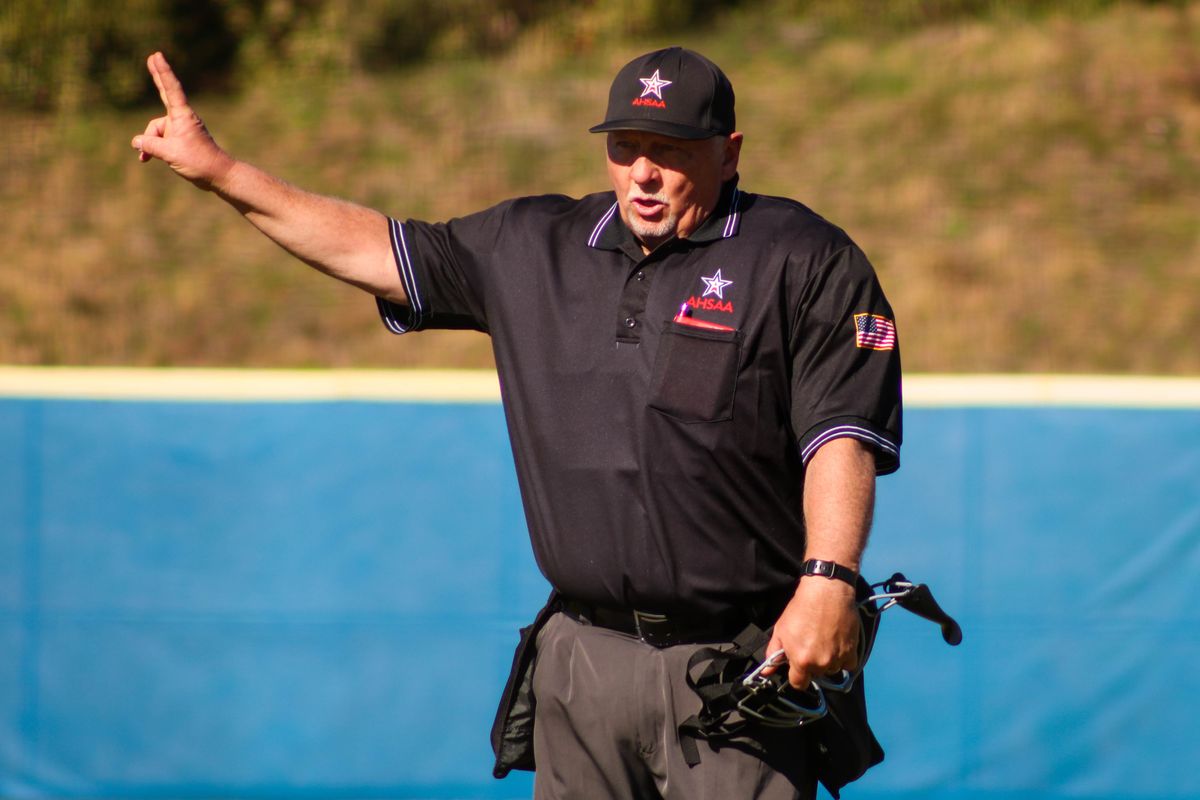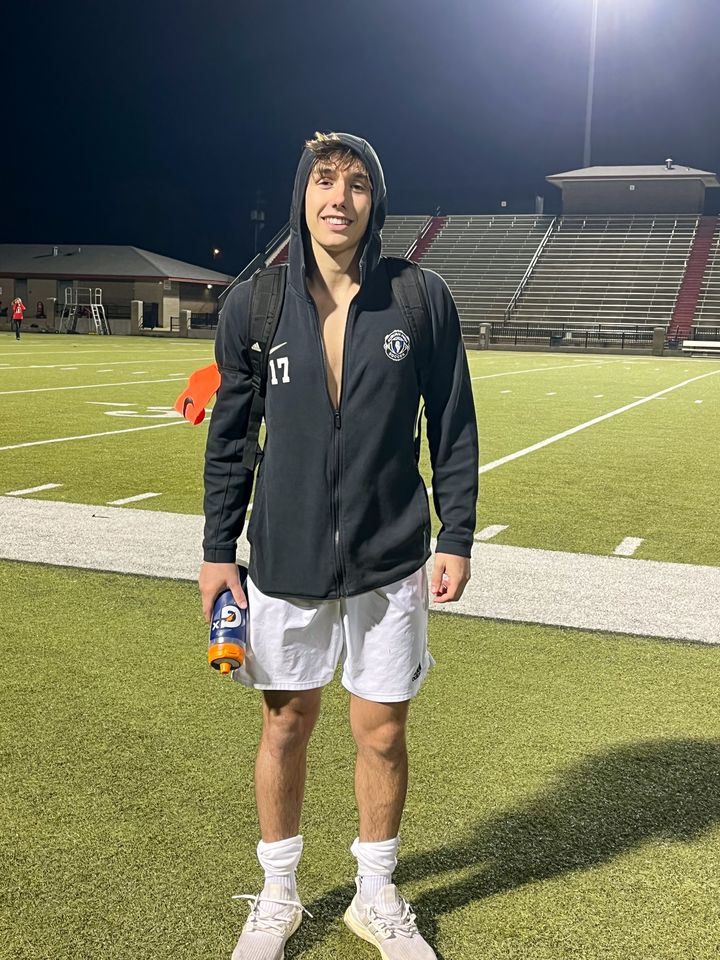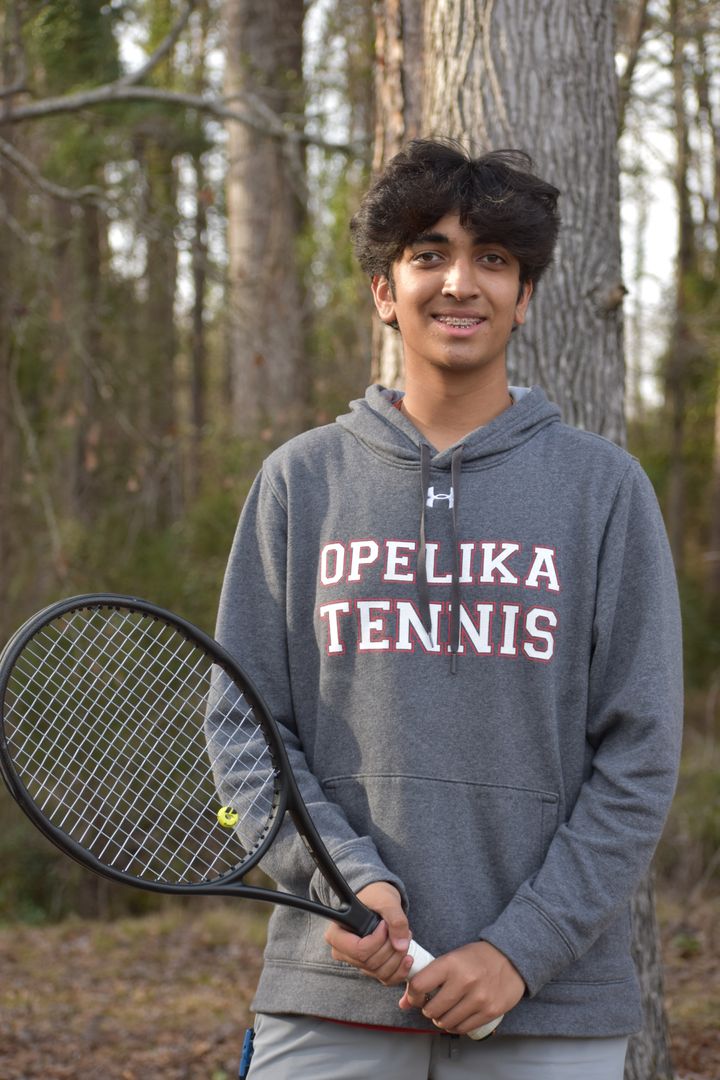Official shortage threatening high school sports
“There’s fixing to be no high school ball because we’re having to cancel games because we don’t have officials,” said 18-year referee Ann Porter. “That’s why most of them quit: the verbal abuse, as well as the physical when that happens.”

As the high school basketball playoffs conclude, thousands of fans will fill Birmingham’s Legacy Arena cheering their home team on to victory. But in each game, there will be a third team on the floor — a team that will not receive any support.
The group of officials that work high school and youth sports games in Alabama are often subject to jeering and harassment. The members of this group are dwindling in number as criticism and verbal abuse hurled at them continue to rise.
While schools officials struggle to reign in fan behavior, they cooperate with officials to ensure a safe working environment. In some cases, the resources used to protect referees can be limited.
SEC football official Dax Hill, who trains high school officials, sees a noticeable difference between the security officials receive in college versus the protection they receive at the high school level.
“The security at the SEC venues is first class; we are transported from our hotel to the stadium by law enforcement. We have officers with us the entire time, even though our contact with fans is minimal,” Hill said. “High school officials, especially in rural areas, may face a greater problem with fans next to the field or approaching them walking to and from the field, depending on how much law enforcement the school provides.”
Ann Porter has worked as a basketball official at multiple levels, from recreational games to high school contests. Over the 18 years she has been calling games, she has heard her fair share of complaints from fans, especially the parents.
“They can be quite ugly sometimes,” Porter said. “Most of the time when they’re yelling, 90% of them don’t even know the rules, and they don’t know what they’re yelling about.”
Though she has to deal with verbal abuse, Porter works with each school’s home management to ensure the safety of the referees, allowing the school to deal with unsportsmanlike spectators and protect the officials.
“We can’t throw any spectators out,” Porter said. “But we can decline to finish the ballgame until they take care of them. We get with (home management) and make sure they’ve got our areas safe, our dressing room safe, our exit. And most of them that I’ve been affiliated with, they’ve done that.”
Hill teaches the officials he trains not to engage with overzealous fans, rather leaving that job to the security the school provides.
“The best advice in dealing with fans is to notify administrators or police officers if there is a problem, and let them deal with fans,” Hill said. “Officials should not try to interact with unruly fans.”
Opelika High School athletic director Jamie Williams strives to create a safe environment for officials to work. A former umpire himself, Williams knows and empathizes with the abuse officials take each game.
Signboards and recorded messages on the public address system are in place, but as the game progresses on, those become less helpful.
“I’ve been to places where we had signs up,” Williams said on the Auburn Advance podcast. “But once the game starts, I don’t know if any of that helps.”
Williams encourages his coaches to communicate with overzealous parents at games. Due to the familiarity the coaches have with the families of players, Williams believes they could calm these rowdy spectators down more effectively.
If that does not work, Williams himself is the last resort. Such a situation has not arisen for Williams while at Opelika High, though it has happened sporadically over the duration of his career. According to Williams, the key to successfully calming fans down is proactivity — quelling the situation before a larger problem arises.
“I’m kind of one step away from the parents,” Williams said. “Usually, if I get to deal with a parent, it’s not a good situation.”
According to Porter, the growing verbal abuse could spell disaster for high school sports.
“There’s fixing to be no high school ball because we’re having to cancel games because we don’t have officials,” Porter said. “That’s why most of them quit: the verbal abuse, as well as the physical when that happens.”
Fortunately, physical abuse has become a far less frequent problem due to the coordination of game officials and high schools.
As the number of referees gets smaller, the need for these schools to protect them grows larger. In the mission to keep sports safe, referees are often excluded from the picture, but high school sports depend on them.
— By Matthew Wallace
You can hear Jamie Williams’s full interview, as well as others from around Lee County, by subscribing to the Auburn Advance podcast on Spotify.


